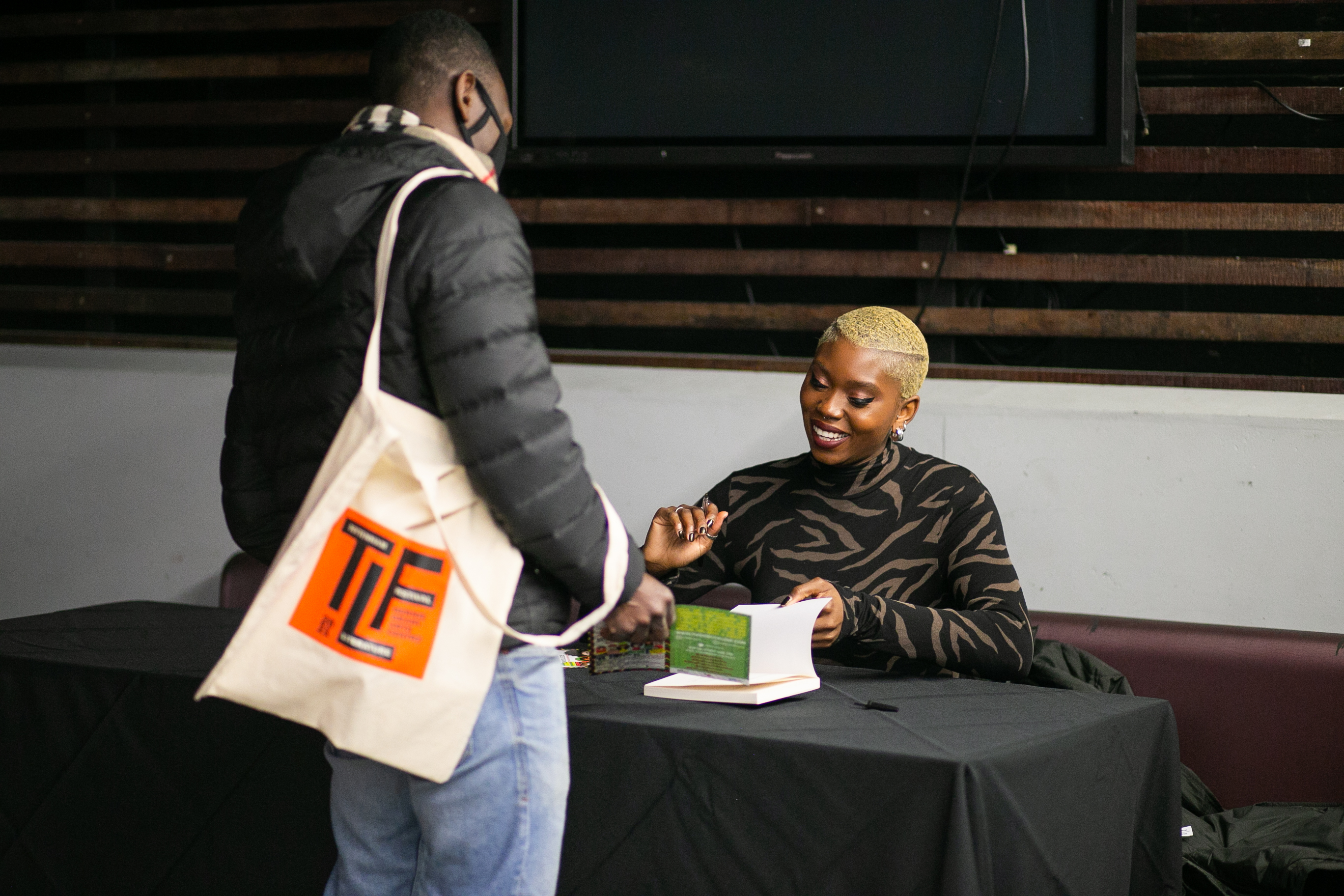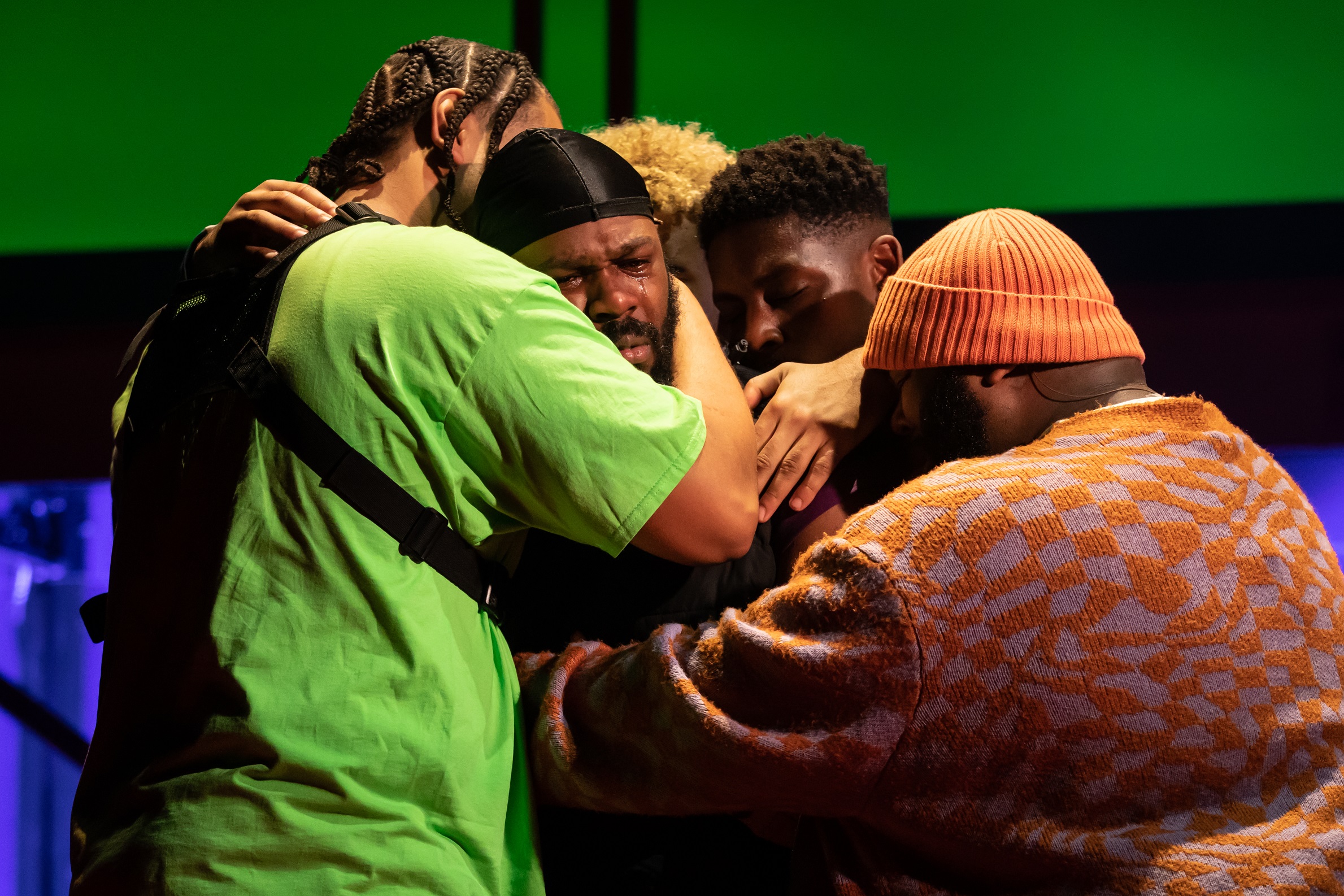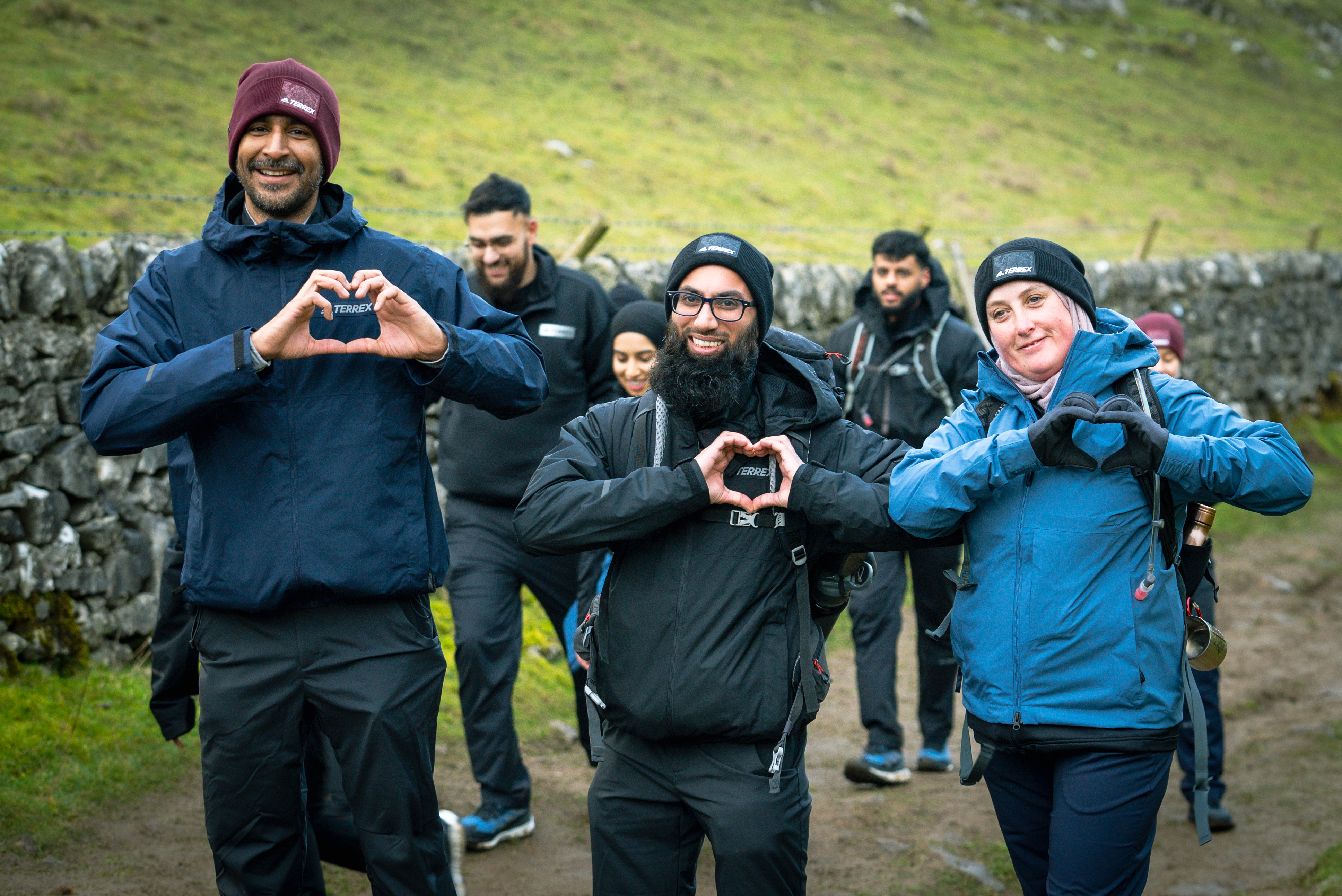With the passing of Benjamin Zephaniah, we have lost a rare thing: a true literary titan uniquely able to draw people in, regardless of their background. His work was beautiful, political, often irreverent, and always accessible. Zephaniah - writer, poet and activist - was an artist who understood the vital power of connection. His work was rigorously inclusive and innately stripped of ego.
His untimely death, at just 65, is an especially immense loss to the Black British community and to Black writers like myself who grew up reading his work and hearing him perform. He will live on not only in his own words and performances on stages, in studios and on screens; but reflected in generations of creatives he mentored, supported and inspired.
Zephaniah was the embodiment of both rhyme and reason. What drew me first to his work were the elements of fun, the openness of his writing, and the clear sense that this work was for everyone. Unlike so much of the poetry I had studied in my schooling, Zephaniah’s writing felt like a door swinging wide open, light pouring in and illuminating new ideas where other poets I studied seemed to erect intentional barriers to understanding. He was a tonic to the stuffy elitism that still plagues so much of our literary canon.
Gangsta Rap was one of the first ‘grown up’ books I remember reading as a pre-teen. Zephaniah’s 2004 YA novel is a fairytale of hip-hop success that explores the transformative power of music and lyrics, and the idea that young people can rescue themselves. From the contemporary references to the rap music I was obsessed with at the time, to the colloquial dialect, and the vibrant cast of multi-dimensional Black characters, it completely captivated me. I had no idea it was possible to write a book like this. I felt a new dimension of creative possibility open up in my mind. My experience of reading it for the first time has stuck with me for almost 20 years.
As with so much of Zephaniah’s work, education was also a key theme in Gangsta Rap. Specifically, the limitations of the British education system and the many ways it fails young people. Zephaniah himself left school at 13, unable to read or write, so it is no wonder this topic was so prominent across his writing.
Education came up when I interviewed Zephaniah in 2020. He had just published a new children’s book - Windrush Child - and our conversation quickly veered towards a wider critique of the ‘whitewashed’ teaching of history.
‘We started the teaching of history as a kind of propaganda for those who were victorious,’ he told me. ‘I was frustrated when I was at school. Teachers were only telling me about which king and queen slept together and what baby they had, who they had a fight with – but I was thinking, what about the history of Mr and Mrs Smith down the road? What about the normal history of normal people?’
This interview with Zephaniah remains one of the high points of my career. Not only was it a complete thrill to hear first-hand insights from a childhood hero, I was also staggered by his warmth and generosity. Zephaniah spent a good twenty minutes at the end of the interview talking to me about my father, who had passed away just two months previously.
My dad, like Zephaniah, was a child of the Windrush Generation. Like Zephaniah, he left school with no qualifications. Like Zephaniah, he defied the odds and created a successful career and legacy. My dad was a broadcast journalist, just a few years younger than Zephaniah, and being of the same generation and both holding a passion for inspiring young people, their paths crossed many times.
In the midst of my early grief, it was an unimaginable kindness for this famous writer to take the time to acknowledge my loss and share some beautiful memories with me.
Social media is awash with stories like this about the poet. School visits and awards given out in assemblies, whispered words of encouragement, time donated willingly with nothing expected in return. The books, the poems, the TV appearances, the famous refusal to accept an OBE - all of these important moments will last forever in the official records of his life; but it is the legacy of kindness that will rush to the surface whenever we remember Benjamin Zephaniah.





